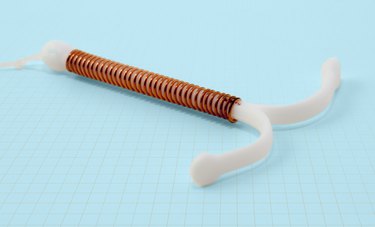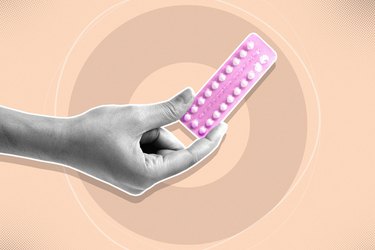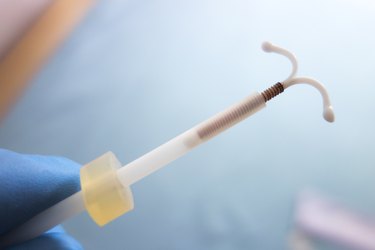At our birth control page, we understand that choosing the right method of birth control can be a personal and complex decision. We offer a variety of resources to help you make an informed choice, including information on the effectiveness, side effects and potential risks of various birth control methods.
Our team of medical experts provides in-depth articles on different types of birth control, from hormonal methods like the pill and patch to non-hormonal methods like condoms and diaphragms. We also offer advice on how to choose the right method based on your lifestyle, preferences and medical history.
Whether you are looking for a temporary or permanent form of birth control, this page has something for you. We offer practical tips for using birth control effectively, advice on when to seek medical attention and information on where to find birth control resources and services."







